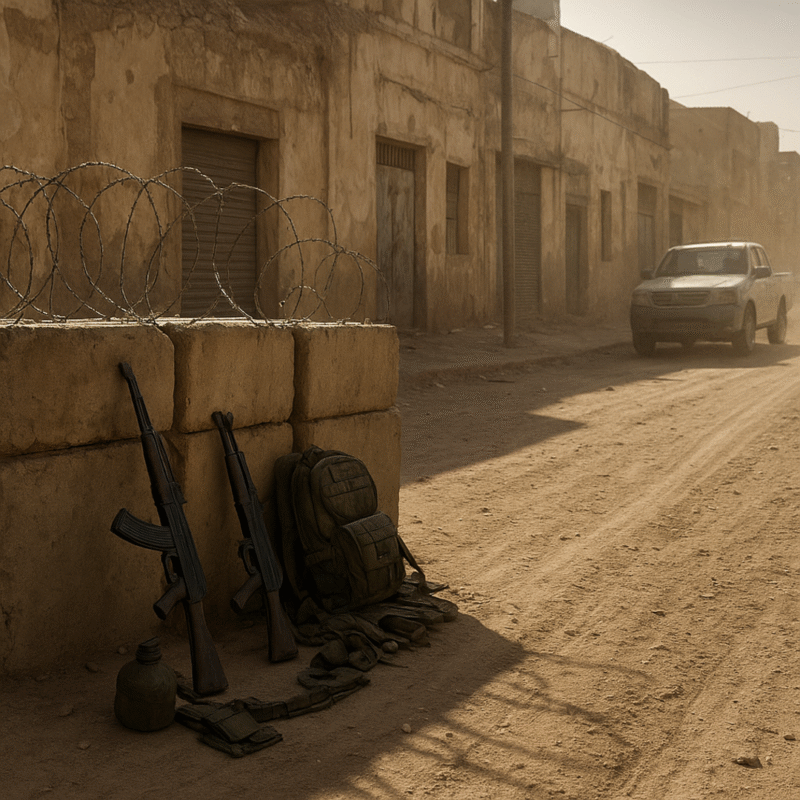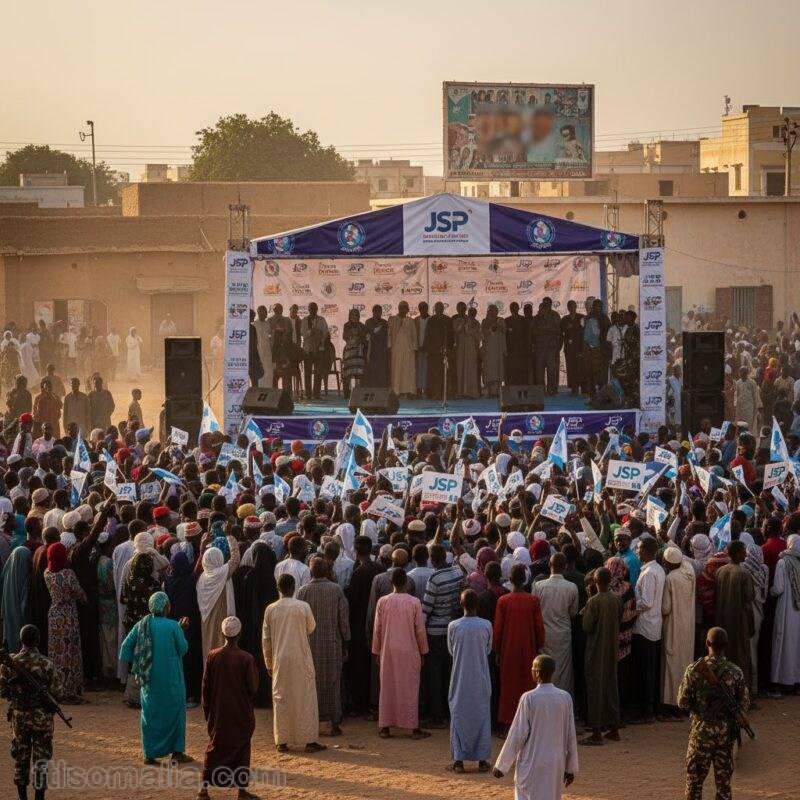Baidoa, Somalia – In the bustling town of Baidoa, the Hanano Two Market has become more than just a marketplace — it is a daily lifeline for thousands. From dawn until dusk, its narrow alleys teem with young men pushing wheelbarrows, women selling vegetables laid out on makeshift stalls, and children weaving through crowds with trays of tea and snacks. For many families, this market is their sole source of income and the main place they can afford to buy food and basic supplies.
But behind the energy and resilience lies mounting frustration. Traders say the market’s true potential is being undermined by chronic disorganization. Stalls sprawl into walkways, makeshift kiosks compete for inch-wide spaces, and there is no clear system for waste management or traffic flow. During peak hours, movement slows to a crawl, and disputes over space are common.
Younger traders echoed her concerns, warning that without proper organization, safety risks will grow. Fires sparked by faulty wiring have been narrowly avoided, and the lack of designated areas for loading and unloading causes frequent clashes between vendors and transporters.
Local business leaders are now urging the Baidoa municipality to intervene — not with force, they say, but with coordination. Suggestions include clear zoning for different types of goods, better waste collection, proper walkways, and a standardized system for allocating space.
For now, the market keeps moving — guided not by rules, but by the determination of its people. Whether Baidoa’s leadership steps in could decide whether Hanano remains a survival hub or transforms into a true engine of local development.




